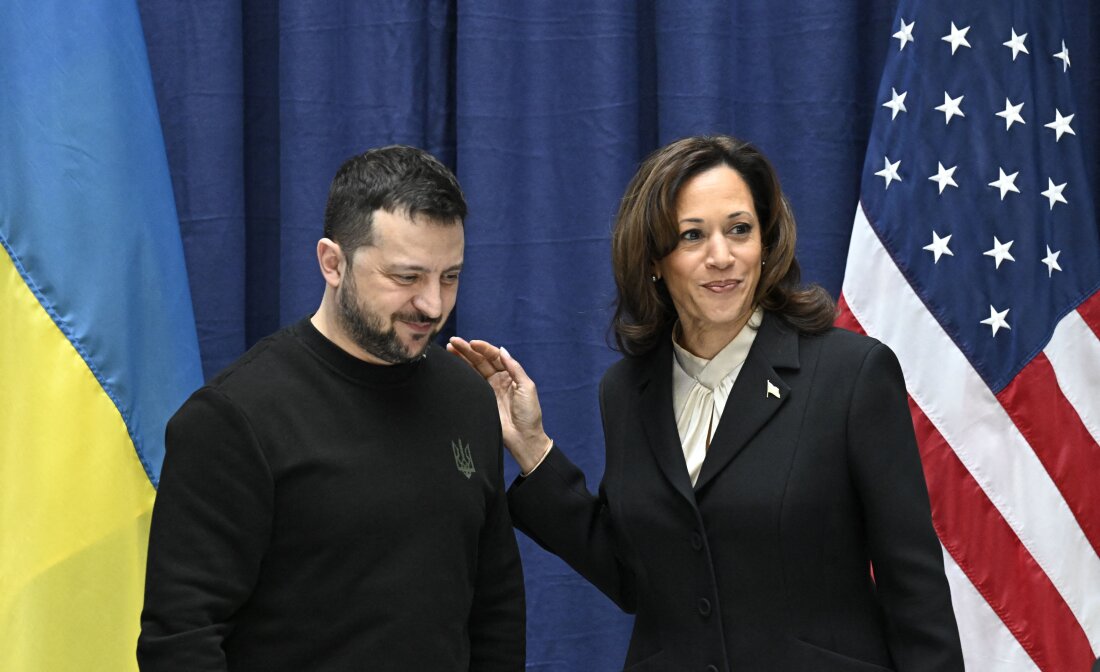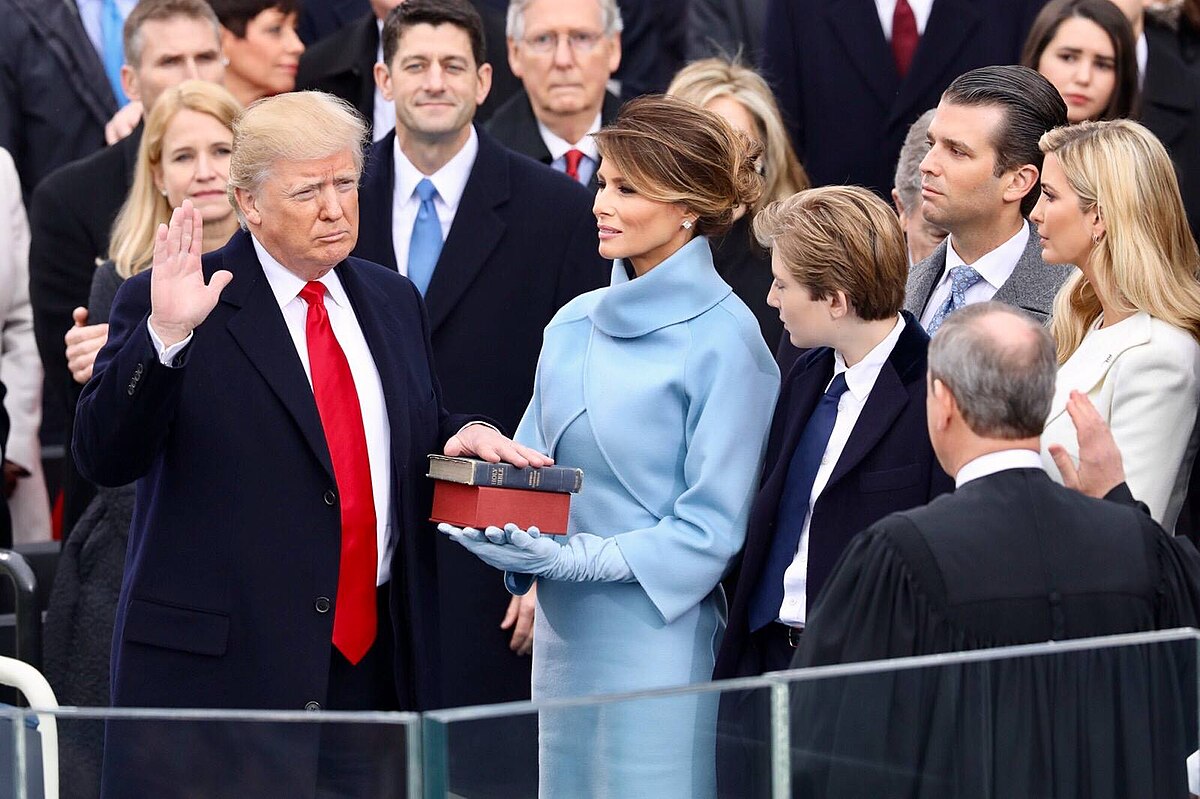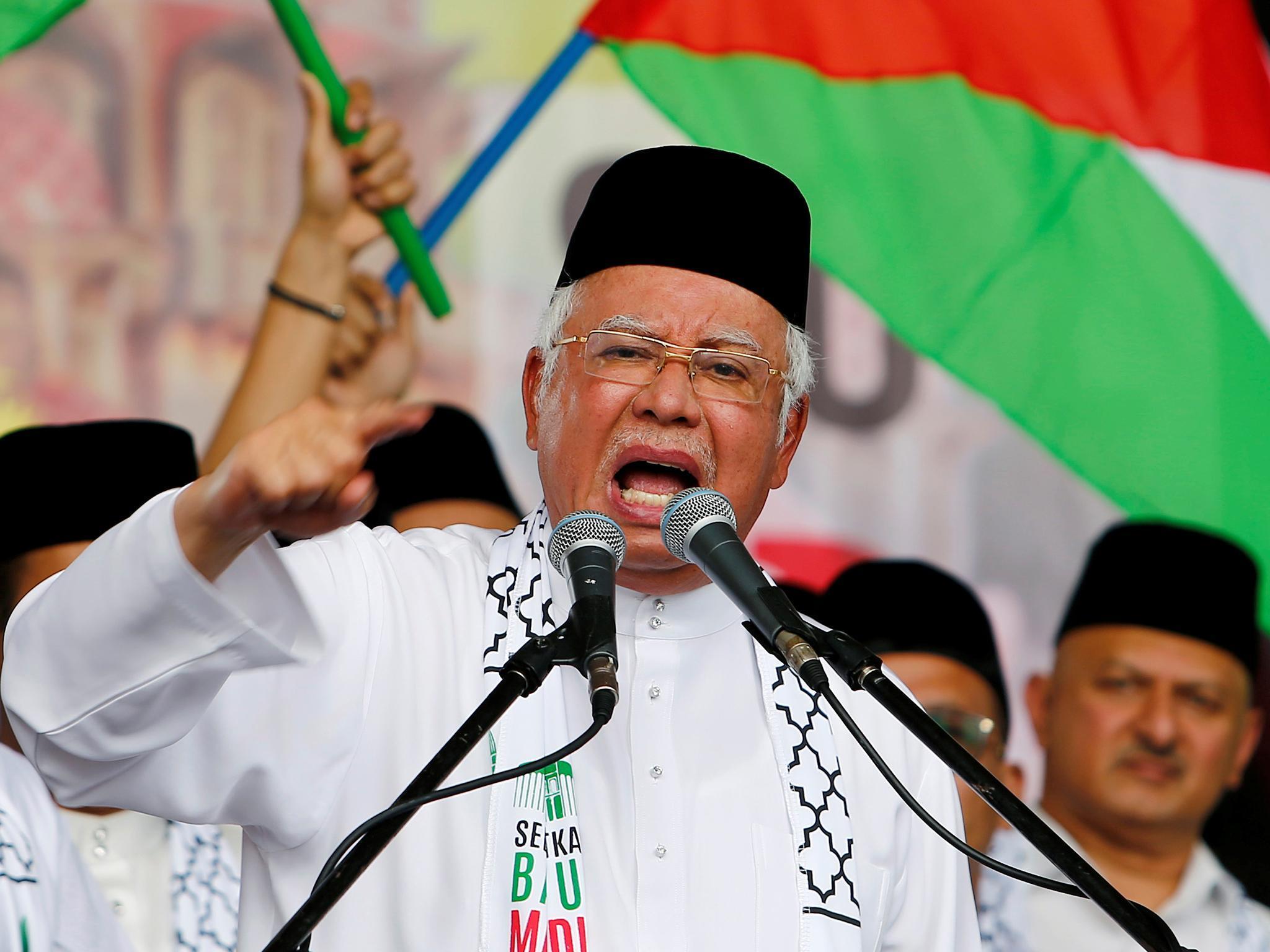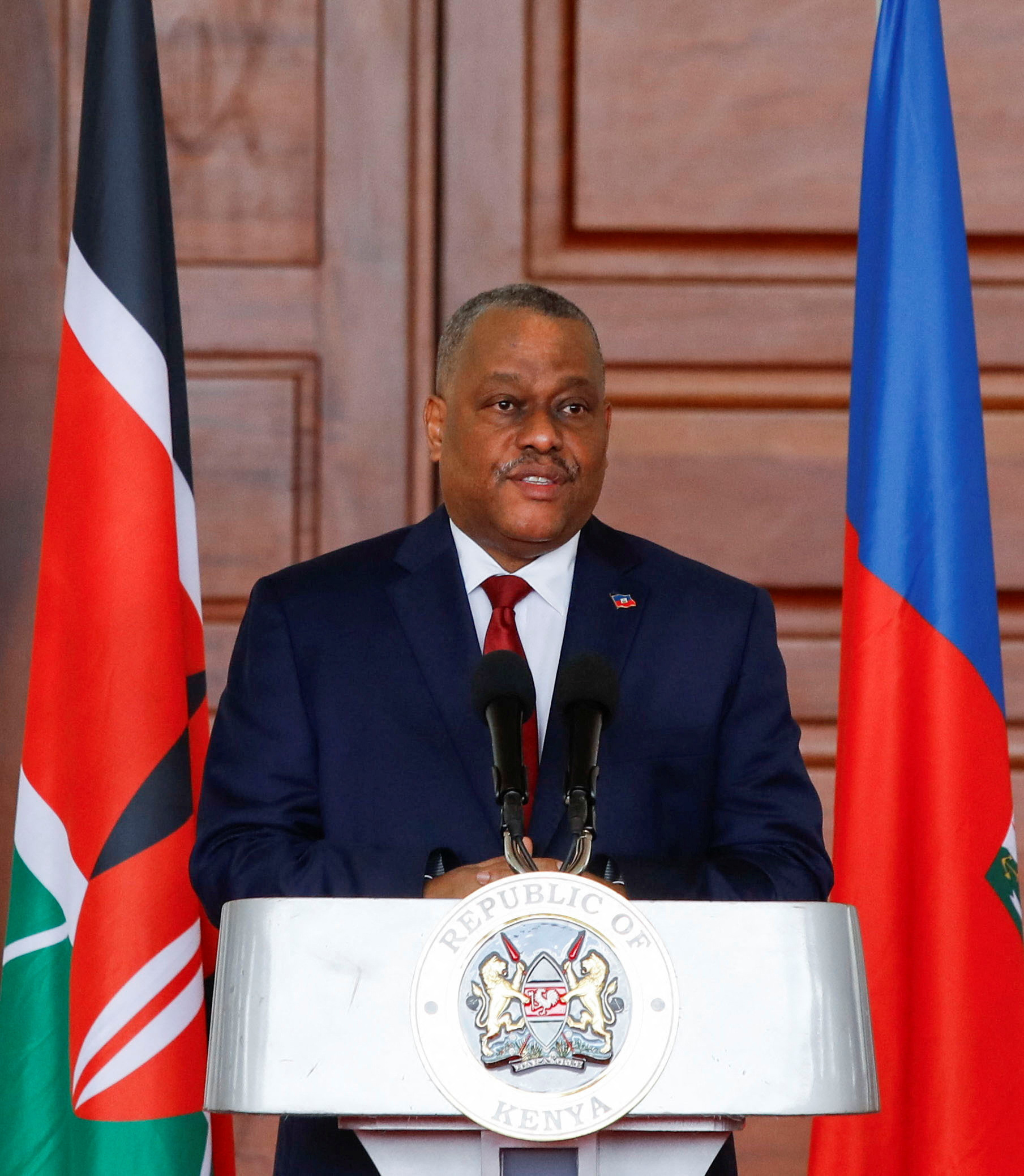
Trump’s Secret COVID Tests: A Scandal Unwrapped
As the world grappled with the devastating impact of COVID-19 in 2020, an explosive revelation has surfaced regarding then-President Donald Trump’s covert actions in securing vital test supplies for Russian President Vladimir Putin. Amidst a dire shortage of testing kits, Trump reportedly dispatched these much-coveted medical resources directly to Putin, who feared the virus immensely.
Trump’s controversial decisions during the pandemic continue to cause headlines.
According to Bob Woodward’s forthcoming book, War, the move was cloaked in secrecy at the behest of Putin, who advised Trump against making the arrangement public, implying that such a disclosure would invite ire directed at the American leader rather than himself.
“I don’t want you to tell anybody because people will get mad at you, not me,” Putin allegedly expressed during their discussions.
Fast forward to 2024, as Trump campaigns for a return to the White House, his ties with Putin appear surprisingly intact. Reports indicate that he has communicated with the Russian leader multiple times since leaving office, with the exact details of their conversations remaining largely unknown. An anonymous source associated with Trump’s campaign has suggested these exchanges could have occurred as many as seven times.
The implications of this relationship have not gone unnoticed. Woodward argues that Trump’s actions may place him in a category overshadowing even Richard Nixon’s infamous presidency, primarily due to the reckless nature of his decision-making and its entwined consequences on international affairs. “Trump was the most reckless and impulsive president in American history,” Woodward notes, drawing parallels to the upcoming 2024 election where the stakes are extraordinarily high.
A New Chapter of Crisis and Conflicts
As Woodward dives deeper into Trump’s tenure and its aftermath, he outlines the myriad crises facing President Joe Biden today, highlighting Russia’s ongoing aggression in Ukraine and the tumultuous Israel-Hamas conflict that erupted in 2023. The narrative suggests a critically intertwined relationship between Trump’s foreign policy ethos and Biden’s current challenges.
The complexities of global politics continue to evolve.
In juxtaposing Biden’s sometimes faltering approach with Trump’s unyielding posture, Woodward critiques Biden’s leadership and accountability, pointing out his acknowledgment of mistakes while grappling with the fallout of decisions made under his command.
For instance, Biden’s regret over appointing Merrick Garland as Attorney General illuminates the painful political landscape that has come to define his administration. A particular lunch conversation with Secretary of State Antony Blinken revealed Biden’s anxieties regarding how history would remember him should he fail to maintain his campaign. These glimpses into decision-making processes provide a raw look at an administration under strain amid geopolitical turmoil.
The Ripple Effect of Leadership Decisions
Woodward’s narrative also highlights the delicate balance Biden attempts to maintain among international allies and adversaries. He recounts how Trump’s influence persists even from the sidelines, with figures like House Speaker Mike Johnson leveraging Trump’s dominance to navigate GOP resistance against aiding Ukraine.
The book paints a picture of a leadership landscape where both past and present intertwine, provoking questions about military support and foreign relations, particularly in the context of NATO alliances and the broader Middle Eastern conflicts.
“This visit reinforced that the Biden Administration’s erosion of U.S. deterrence globally…has opened America up to a regional war in the Middle East,” wrote Keith Kellogg, an advisor to Trump, reflecting a charged atmosphere permeating U.S. foreign policy.
Shifting Paradigms in Leadership
Vice President Kamala Harris is often presented as a secondary player, despite her visible engagements with global leaders and initiatives, as portrayed in Woodward’s analysis. From encouraging European allies to take decisive actions against Russian encroachments to addressing humanitarian crises, Harris navigates a multifaceted role. Notably, Woodward showcases contrasting behaviors of Harris during diplomatic engagements, weighing her public stature against the behind-the-scenes political maneuvers.
 The landscape of foreign policy is often defined by evolving partnerships.
The landscape of foreign policy is often defined by evolving partnerships.
The Political Theatre Unfolds
The revealing narratives in War portend a tumultuous political theater, where Trump and Biden are set against a backdrop of war, distrust, and shifting allegiances. Woodward’s insights portray a vividly fractured political environment, exacerbated by previous administrations’ foreign policy flounders and the overarching shadow of Trump’s tumultuous legacy.
Conclusion: As we stand on the precipice of another election cycle intertwined with complex global dynamics, Bob Woodward’s latest work challenges readers to reflect on the actions of leaders past and present. The unfolding chapters encourage a critical examination of leadership decisions, their ripple effects on international relations, and the ethical implications of political gambits during crises such as a global pandemic. As the story continues to evolve, the stakes remain high for anyone seeking to navigate the treacherous waters of politics and foreign affairs.













